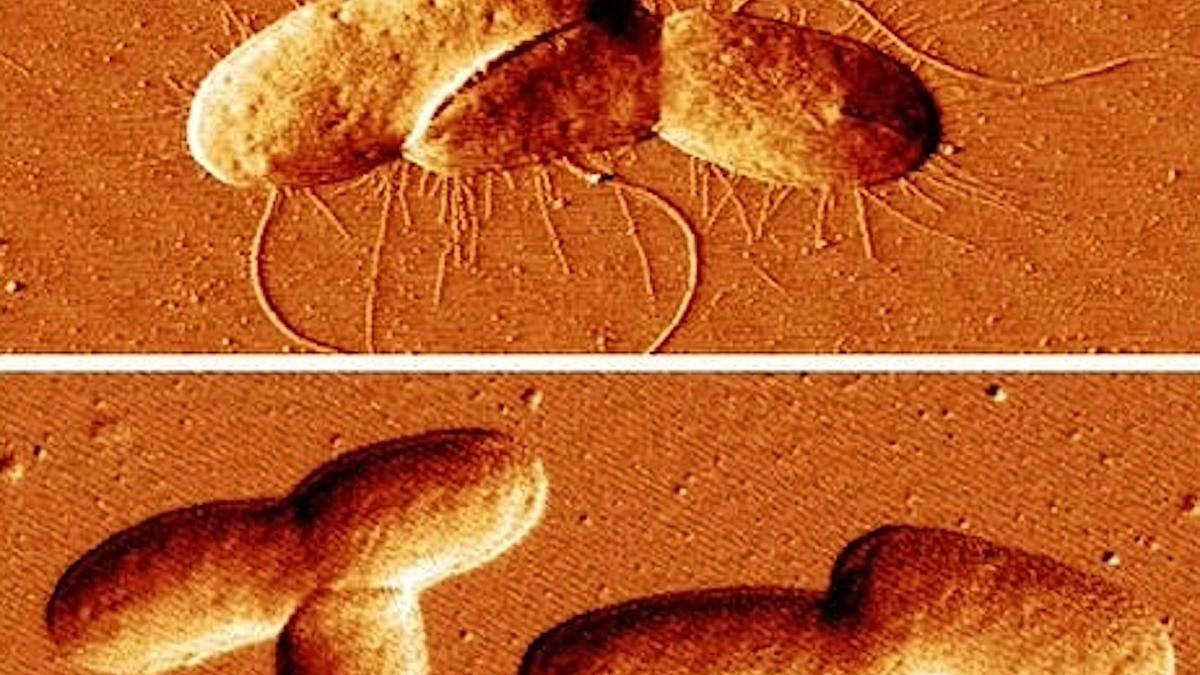
Researchers at the University of California-Riverside have made an exciting discovery regarding a specific chemical produced by plants, which holds the potential to prevent infections in patients undergoing medical treatment.
According to a report from Science Daily, the study emphasizes the negative impact of biofilm—a slimy layer of bacteria that adheres to surfaces. In healthcare, biofilm can complicate infection management on devices like catheters and implants, and can even damage medical apparatus.
Plants respond to stress by generating a metabolite known as MEcPP. This molecule initiates defensive mechanisms within the plant and has shown, in recent findings, to inhibit the formation of biofilm by disrupting the bacteria’s ability to adhere to surfaces.
The research highlights a significant advancement in healthcare applications, as noted by Science Daily. Biofilms commonly inhabit medical devices such as catheters and implants, rendering infections more challenging to treat due to the antibiotic-resistant microbes they host. Additionally, biofilms can cause blockages in pipes, contaminate food processing machinery, and promote corrosion in industrial environments.
Historically, plants have served as crucial resources for medicinal purposes. The Center for Biological Diversity indicates that between 50,000 and 80,000 flowering plants are utilized for their healing properties. However, many of these valuable species face threats, as mentioned in a 2008 report, including habitat loss and overexploitation.
Moreover, plants have pivotal roles in other innovative sectors. For instance, a startup located in London is exploring the creation of biodegradable plastics derived from plants, instead of traditional fossil fuels. Such environmentally friendly alternatives could significantly aid in addressing plastic pollution and contribute to mitigating climate change.
Watch now: A local hero’s initiative to revive an endangered butterfly species
Reflecting on the groundbreaking research from UC Riverside, lead researcher Jingzhe Guo stated, as reported by Science Daily, “This study illustrates the surprising links between plant biology and microbiology. It’s exhilarating to think that a molecule employed by plants to indicate stress could one day assist humans in combating bacterial threats.”
Corresponding author Katayoon Dehesh also remarked, “By hindering the initial stages of biofilm formation, this molecule shows significant promise in enhancing results across industries that depend on maintaining clean surfaces.”
Stay informed by subscribing to our free newsletter, where you can receive weekly updates on groundbreaking innovations that are enhancing our lives and shaping our future. Also, don’t miss this informative list showcasing simple ways to support yourself while contributing to environmental sustainability.









